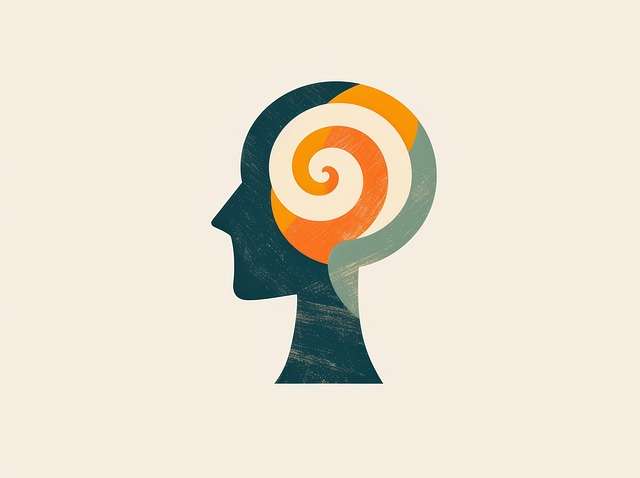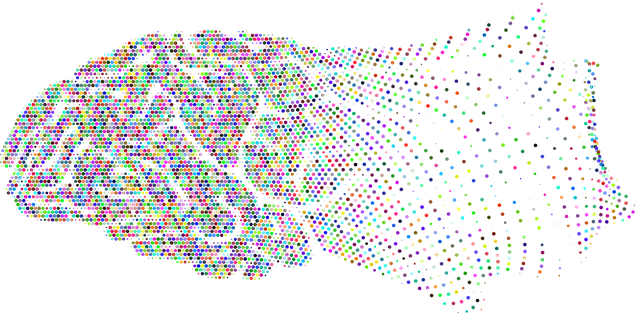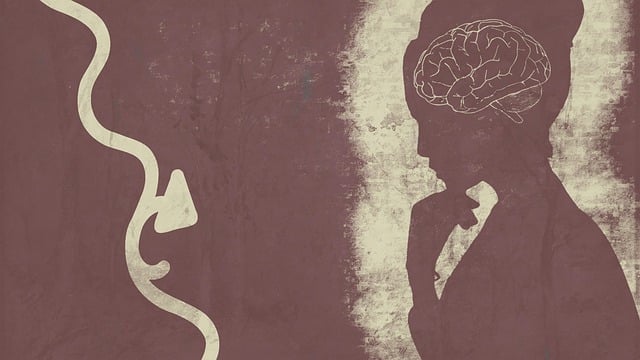Colorado Springs Sexual Addiction Therapy focuses on building a strong foundation for healing through coping skills development. By identifying triggers, learning healthy expression outlets, and cultivating resilience, individuals gain tools to manage emotions, reduce stress, and resolve conflicts without resorting to unhealthy behaviors. Cultural sensitivity and stigma reduction empower clients to confront stressors head-on, fostering personal growth and holistic well-being. Through tailored approaches, social skills training, and educational resources like the Mental Wellness Podcast Series, individuals equip themselves with adaptive habits for enhanced mental wellness.
In the pursuit of holistic well-being, developing effective coping skills is paramount. This article guides readers through a journey of self-discovery and resilience in Colorado Springs Sexual Addiction Therapy contexts. We’ll explore foundational concepts like understanding coping skills as healing tools, identifying personal triggers, and building a toolkit for strategic management. Additionally, we’ll delve into integrating healthy mechanisms into daily routines, fostering a balanced and fulfilling life.
- Understanding Coping Skills: A Foundation for Healing
- Identifying Personal Triggers and Stressors
- Building a Toolkit for Effective Coping Strategies
- Integrating Healthy Coping Mechanisms into Daily Life: A Journey of Self-Care
Understanding Coping Skills: A Foundation for Healing

Understanding coping skills is a crucial foundation for healing, especially in addressing complex issues like sexual addiction. Colorado Springs Sexual Addiction Therapy emphasizes that effective coping strategies empower individuals to navigate life’s challenges and setbacks without resorting to unhealthy behaviors. By learning these skills, clients can better manage their emotions, reduce stress, and resolve conflicts, all of which are essential components of recovery.
Coping skills development involves understanding triggers, identifying healthy outlets for expression, and cultivating resilience. Techniques such as mindfulness, self-care practices, and conflict resolution methods (like those promoted in Public Awareness Campaigns Development) become valuable tools. Mood management strategies help individuals regulate their emotions, ensuring they remain in control rather than reacting impulsively. This holistic approach not only aids in overcoming sexual addiction but also fosters overall well-being.
Identifying Personal Triggers and Stressors

Identifying personal triggers and stressors is a crucial step in coping skills development. This process involves introspecting to understand what sets off emotional or physical reactions. For individuals seeking Colorado Springs sexual addiction therapy, recognizing these triggers can be transformative. Common stressors may include high-pressure situations, relationship issues, or past traumas, which can resurface and trigger unhealthy behaviors or intense emotions. By becoming aware of these patterns, individuals can start to navigate them more effectively.
Cultural sensitivity in mental healthcare practice is essential when addressing personal triggers. It involves understanding how cultural background, identity, and experiences shape one’s response to stress. Mental illness stigma reduction efforts also play a role, as breaking down societal barriers can make it easier for individuals to seek help. Boosting confidence through therapy sessions can further empower individuals to confront their stressors head-on, fostering resilience and improved coping mechanisms.
Building a Toolkit for Effective Coping Strategies

Developing a personal toolkit filled with effective coping strategies is an empowering step towards well-being, particularly for those navigating challenges like sexual addiction. Colorado Springs Sexual Addiction Therapy offers valuable insights into building this toolkit. Through therapy, individuals can uncover and strengthen their inner strength development, a key component in managing and overcoming addiction. This process involves exploring emotional healing processes tailored to individual needs, allowing them to develop healthy coping mechanisms.
Cultural sensitivity in mental healthcare practice is also integral to this journey. Recognizing the impact of cultural backgrounds on one’s coping abilities, therapists can provide personalized support. By integrating diverse therapeutic approaches, individuals can find unique strategies that resonate with their cultural identities, fostering a deeper sense of connection and empowerment during the healing process.
Integrating Healthy Coping Mechanisms into Daily Life: A Journey of Self-Care

Integrating healthy coping mechanisms into daily life is a transformative journey that empowers individuals to navigate life’s challenges with resilience and self-care. This process begins with recognizing personal triggers, emotions, and behaviors. Through Colorado Springs sexual addiction therapy or other therapeutic approaches, one learns to identify unproductive coping strategies and replaces them with adaptive habits.
Social Skills Training can enhance this journey by teaching effective communication, building a supportive network, and fostering healthy relationships—all integral aspects of mental wellness. The Mental Wellness Podcast Series Production offers valuable resources for continuous learning, providing insights into various coping techniques, personal growth stories, and expert advice tailored to the complexities of modern life. By embracing these tools and integrating them into daily routines, individuals embark on a path of self-discovery, healing, and holistic well-being.
Coping skills development is a powerful tool for healing and personal growth, especially in addressing issues like sexual addiction. By understanding our triggers, building a diverse toolkit of strategies, and integrating healthy mechanisms into daily life, we can navigate challenges effectively. Colorado Springs Sexual Addiction Therapy emphasizes the importance of these skills, offering guidance and support to help individuals transform their lives. Through dedicated practice, one can foster resilience, promote well-being, and embrace a brighter future.












